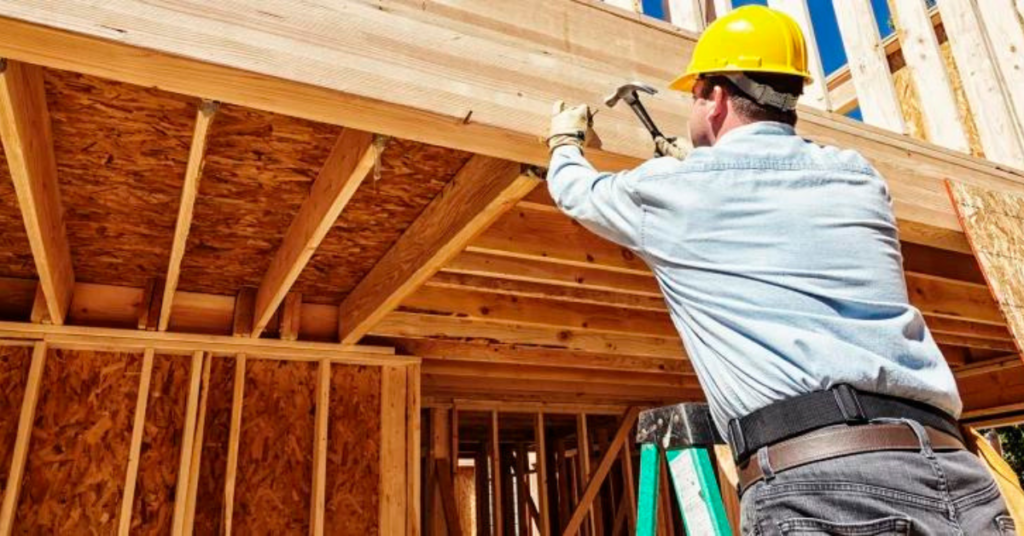Becoming a home improvement contractor can be a rewarding career path for individuals with a passion for renovation and construction. However, breaking into this field requires careful planning, education, and dedication. In this comprehensive guide, we’ll delve into the essential steps you need to take to become a successful home improvement contractor, covering everything from gaining relevant skills to obtaining necessary licenses and building a thriving business.
Understanding the Role of a Home Improvement Contractor
Before embarking on your journey to become a home improvement contractor, it’s crucial to understand the role and responsibilities associated with this profession. Home improvement contractors are tasked with overseeing various renovation and remodeling projects, ranging from kitchen upgrades to full-scale home renovations. They coordinate with clients, subcontractors, and suppliers to ensure projects are completed on time, within budget, and up to quality standards.
Education and Training Requirements
While there’s no strict educational requirement to become a home improvement contractor, acquiring relevant education and training can significantly enhance your skills and credibility in the field. Consider pursuing vocational courses in construction, carpentry, or related trades. Additionally, apprenticeships or on-the-job training under experienced contractors can provide invaluable hands-on experience and mentorship.
Gaining Hands-on Experience
Building a solid foundation of hands-on experience is essential for aspiring home improvement contractors. Start by working as a construction laborer, carpenter’s assistant, or apprentice to gain practical skills and insights into the industry. As you gain experience, take on increasingly complex projects and responsibilities to expand your skill set and portfolio.
Obtaining Licenses and Certifications
In most states, home improvement contractors are required to obtain a license to legally operate their business. Research the specific licensing requirements in your state, which may include meeting minimum education and experience criteria, passing a licensing exam, and obtaining liability insurance. Additionally, consider pursuing certifications from reputable organizations such as the National Association of Home Builders (NAHB) or the National Association of the Remodeling Industry (NARI) to further demonstrate your expertise and professionalism.
Building a Solid Reputation
Building a strong reputation for reliability, quality workmanship, and customer satisfaction is paramount in the home improvement industry. Focus on delivering exceptional service, communicating effectively with clients, and addressing any concerns or issues promptly. Encourage satisfied clients to provide testimonials or referrals to help build your credibility and attract new business.
Setting Up Your Business
Once you’ve obtained the necessary licenses and certifications, it’s time to set up your home improvement contracting business. Choose a suitable business structure, such as a sole proprietorship, partnership, or limited liability company (LLC), and register your business with the appropriate state and local authorities. Obtain any required permits and insurance coverage, including general liability insurance and workers’ compensation insurance, to protect yourself and your business.
Marketing Your Services
Effective marketing is essential for attracting clients and growing your home improvement contracting business. Establish a professional online presence with a website showcasing your services, past projects, and client testimonials. Utilize social media platforms like Facebook, Instagram, and Houzz to connect with potential clients and showcase your work. Networking with real estate agents, home builders, and other industry professionals can also help generate leads and referrals.
Growing Your Business
As your home improvement contracting business grows, consider expanding your service offerings to meet the needs of your clients. Hire skilled employees or subcontractors to help handle larger projects or increase your capacity. Invest in continuing education and training to stay abreast of industry trends and advancements. Implement efficient project management systems and processes to streamline operations and ensure consistent quality and customer satisfaction.
Conclusion
Becoming a successful home improvement contractor requires dedication, continuous learning, and a commitment to delivering exceptional service. By following the steps outlined in this guide and staying focused on building your skills, reputation, and business, you can forge a rewarding career in this dynamic and thriving industry. Whether you’re just starting out or looking to take your existing contracting business to the next level, remember that perseverance and professionalism are key to long-term success in the home improvement industry.

